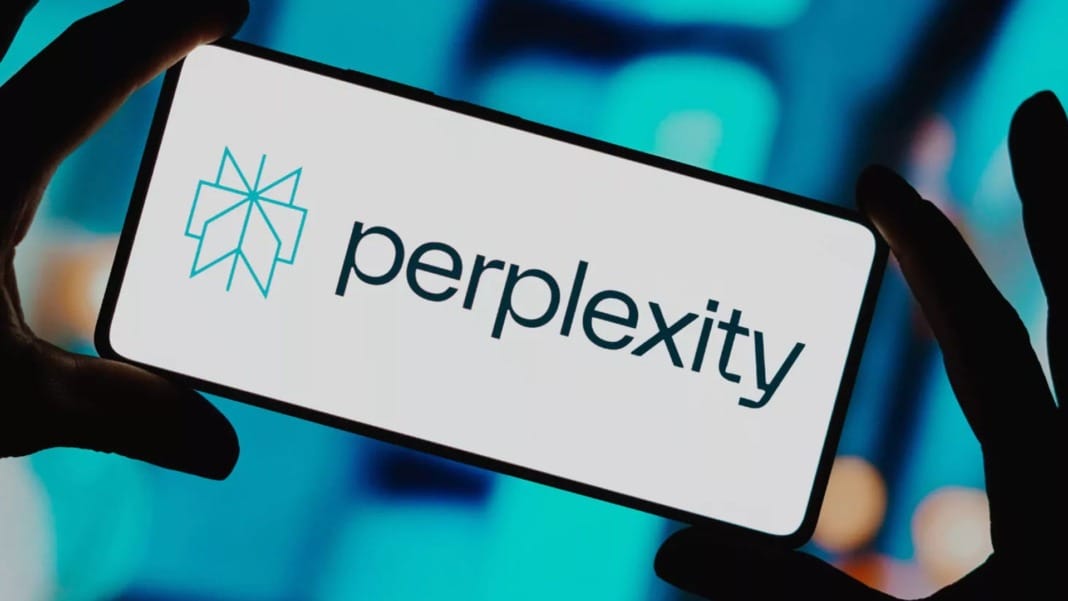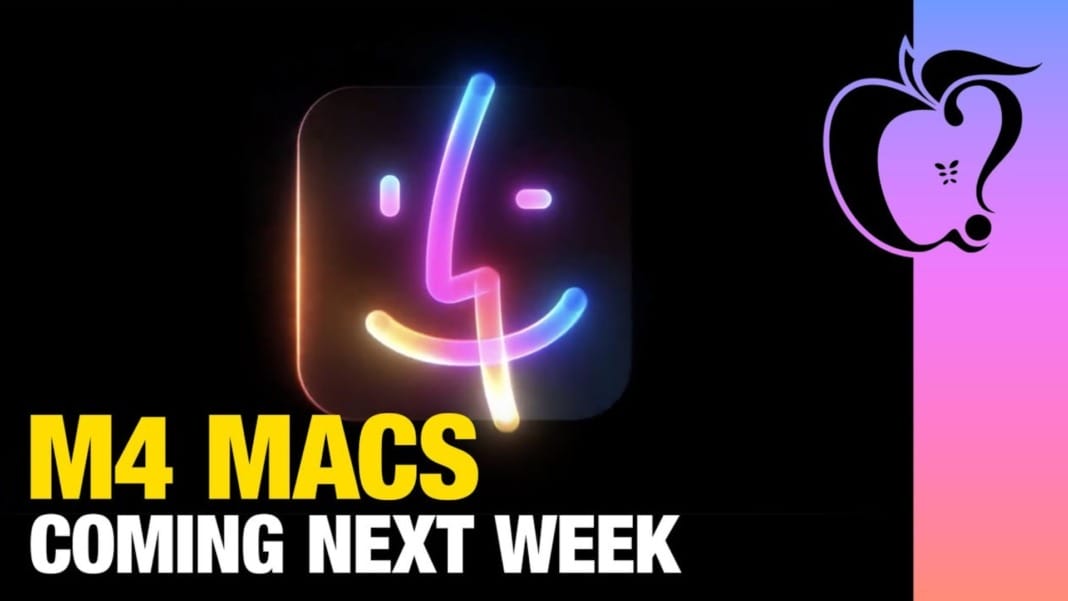One of the world’s fastest-growing AI apps, Perplexity, is now facing a major legal hurdle. Known as an AI-powered alternative to Google, Perplexity’s chatbot allows users to “ask any question”. It claims to “search the internet to give you an accessible, conversational, and verifiable answer.” Since its launch in 2022, the app has been a hit, responding to an easy-to-read, conversational style. But recently, its methods have been questioned, and Perplexity now faces a lawsuit from News Corp, alleging widespread copyright infringement.
The case could set a precedent for AI models trained on copyrighted material, highlighting concerns about how such AI platforms use third-party content.
A new approach to search draws scrutiny
Unlike tech giants developing and operating their AI models, such as OpenAI, Google, and Anthropic, Perplexity uses open-source and commercially available AI models. This approach enables the app to deliver detailed answers by gathering and synthesising content across the public web. Perplexity’s promise to users is clear: provide quick, direct answers without the need to browse external websites. However, News Corp’s lawsuit claims this model is built on shaky ethical grounds, as it allegedly “scrapes” copyrighted content from sources like the Wall Street Journal and the New York Post without permission or payment.
Perplexity’s chatbot often summarises or even restates content from news articles. This practice allows users to access information directly through the chatbot, avoiding clicking through to the source. In contrast to search engines like Google, which direct users to the original publishers’ websites, Perplexity does not drive traffic back to these sites. This poses a significant issue for news organisations relying on page views’ ad revenue. With declining traffic to publishers, the potential for ad income drops, while Perplexity benefits from providing high-quality answers without directing users to the original content.
The lawsuit’s implications stretch beyond News Corp. Industry analysts believe Perplexity’s AI model has altered the relationship between search platforms and publishers, creating an imbalance that could jeopardise the ad revenue model sustaining much of the internet.
Perplexity’s history with publishers
Perplexity has faced similar accusations before, particularly in 2024. Forbes took issue with Perplexity’s model, claiming it used Forbes’ content without permission and pushed it to Perplexity’s subscribers. Forbes’ Chief Content Officer Randall Lane described the act as “willful infringement” and shared how Perplexity’s chatbot cited summaries of stories originally published by Forbes. According to Lane, Perplexity’s version of events gathered “second-hand” articles from sources that had rephrased Forbes’ original content, citing them as primary sources while bypassing Forbes.
Our reporting on Eric Schmidt’s stealth drone project was posted this AM by @perplexity_ai . It rips off most of our reporting. It cites us, and a few that reblogged us, as sources in the most easily ignored way possible. Note the views. #zeroclick https://t.co/qZamti9E83 pic.twitter.com/8z2AsyHjgM
— John Paczkowski (@JohnPaczkowski) June 7, 2024
In another instance, Forbes reported that Perplexity summarised an exclusive, paywalled article about former Google CEO Eric Schmidt’s involvement in militarised drone technology. Forbes stated that Perplexity’s AI summarised whole sections of the article, which were viewed over 30,000 times by users who had not accessed the original story.
The screenshot you shared that has prominent sourcing at the top is not what I’m talking about. This page, which reads like an original news article, does not have appropriate attribution. https://t.co/A3KlP8BxNJ
— John Paczkowski (@JohnPaczkowski) June 7, 2024
This problem has also surfaced with other major publishers. Condé Nast filed a cease-and-desist letter accusing Perplexity of reusing content from The New Yorker, Vogue, and Wired in July. A Wired article noted that Perplexity’s web crawler had accessed its site over 800 times in just a few months, with the number likely underestimated. The New York Times followed suit, also sending a cease-and-desist letter, citing potential copyright violations. In a letter to Perplexity, the New York Times warned that the company must “immediately cease all current and future unauthorised access and use of The Times’ content.”
Will lawsuits change AI’s future?
Perplexity may face an uphill battle to resolve these disputes, especially as News Corp’s lawsuit emphasises issues beyond copyright infringement. It also claims that Perplexity’s AI has “hallucinated” and incorrectly cited facts in its responses. For example, the lawsuit alleges that Perplexity has occasionally attributed made-up news to News Corp, risking reputational damage by fabricating stories and linking them to its publications.
For some, these issues reflect an urgent need for legal clarity around using copyrighted content in AI. Some media executives are concerned that the lengthy litigation process might make it difficult for struggling media companies to survive until legal decisions are reached. Roger Lynch, CEO of Condé Nast, warned that many publishers might face bankruptcy if copyright protections are not enforced quickly.
However, Perplexity continues to attract investor interest. Backed by Amazon founder Jeff Bezos, the company is reportedly discussing a US$9 billion valuation in an upcoming funding round. Whether this funding will enable the startup to overcome its legal challenges remains to be seen. For now, though, the lawsuit indicates how challenging it may be for AI companies to operate without the risk of infringing copyright laws.





